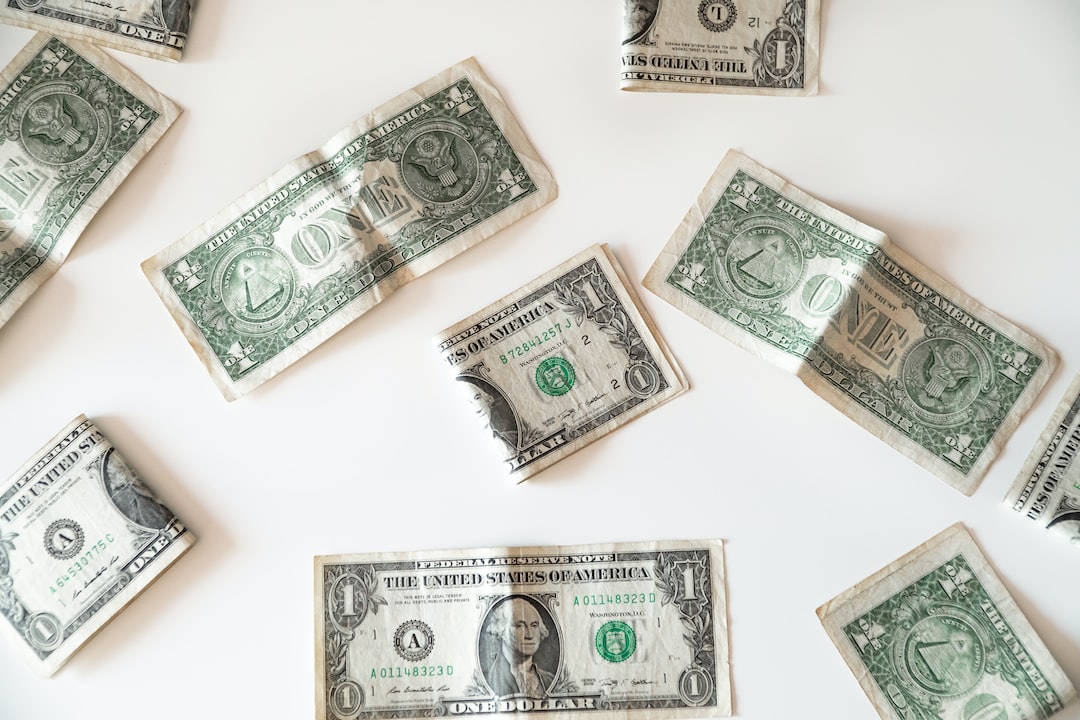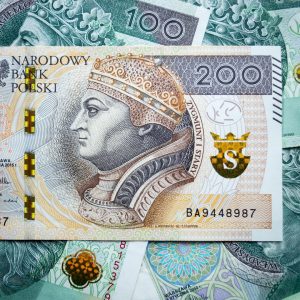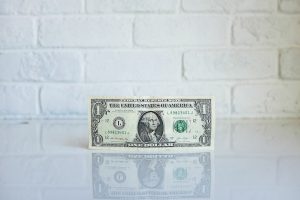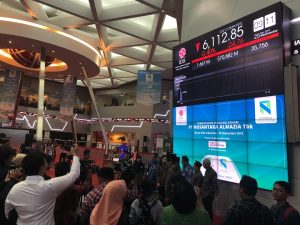The foreign exchange market, commonly known as the forex market, is the largest and most liquid financial market in the world. It is where currencies are bought and sold by individuals, institutions, and governments. The forex market has been volatile in recent years, with significant fluctuations in currency values. Let’s take a closer look at what is happening in the forex market in 2016.
Brexit
One of the most significant events impacting the forex market in 2016 was the Brexit referendum. On June 23, 2016, the UK voted to leave the European Union (EU). This decision had a significant impact on the forex market, particularly on the British pound (GBP). The value of the GBP dropped sharply immediately after the referendum results were announced, as investors became concerned about the economic impact of the UK leaving the EU.
In the months following the Brexit vote, the GBP continued to fluctuate as investors tried to assess the long-term impact of the decision. The GBP hit a 31-year low against the US dollar (USD) in October 2016, before rebounding slightly. As the Brexit negotiations continue, the GBP is likely to remain volatile in the coming years.
US Presidential Election
The US presidential election in November 2016 also had a significant impact on the forex market. The election of Donald Trump as president led to a surge in the value of the USD, as investors anticipated that his proposed policies would stimulate economic growth. Trump’s promises of tax cuts, infrastructure spending, and deregulation led to increased optimism among investors.
The USD continued to rise in the months following the election, reaching its highest level against a basket of currencies in over a decade. However, the USD has since lost some of its gains, as investors have become concerned about the Trump administration’s ability to deliver on its promises.
Central Bank Policies
Central banks play a crucial role in the forex market, as they are responsible for setting monetary policy and regulating interest rates. In 2016, central bank policies had a significant impact on currency values.
The European Central Bank (ECB) and the Bank of Japan (BOJ) both implemented negative interest rates in 2016, in an effort to stimulate economic growth. This led to a decline in the value of the euro (EUR) and the Japanese yen (JPY) against other currencies.
The US Federal Reserve (Fed) also had a significant impact on the forex market in 2016. The Fed raised interest rates for the first time in almost a decade in December 2015, and continued to raise rates in 2016. Higher interest rates make a currency more attractive to investors, and as a result, the USD rose in value.
However, the Fed’s decision to raise rates was not without controversy. Some analysts argued that raising rates too quickly could harm the US economy, while others questioned whether the US economy was strong enough to support higher interest rates.
Chinese Economy
The Chinese economy has also had a significant impact on the forex market in 2016. China is the world’s second-largest economy and a major exporter, and any changes in its economic policies can have a ripple effect on the global economy.
In 2016, the Chinese government implemented a series of policies aimed at stabilizing the country’s economy. These policies included devaluing the yuan (CNY) and implementing capital controls to prevent money from leaving the country.
The devaluation of the yuan led to concerns about a global currency war, as other countries were forced to devalue their currencies to remain competitive. The Chinese government’s efforts to stabilize its economy have led to some success, but there are still concerns about the long-term impact of these policies.
Conclusion
The forex market is a complex and ever-changing landscape, with many factors contributing to currency values. In 2016, events such as Brexit, the US presidential election, and central bank policies had a significant impact on the forex market. Understanding these factors and their impact on currency values is crucial for investors looking to navigate the forex market in 2017 and beyond.





